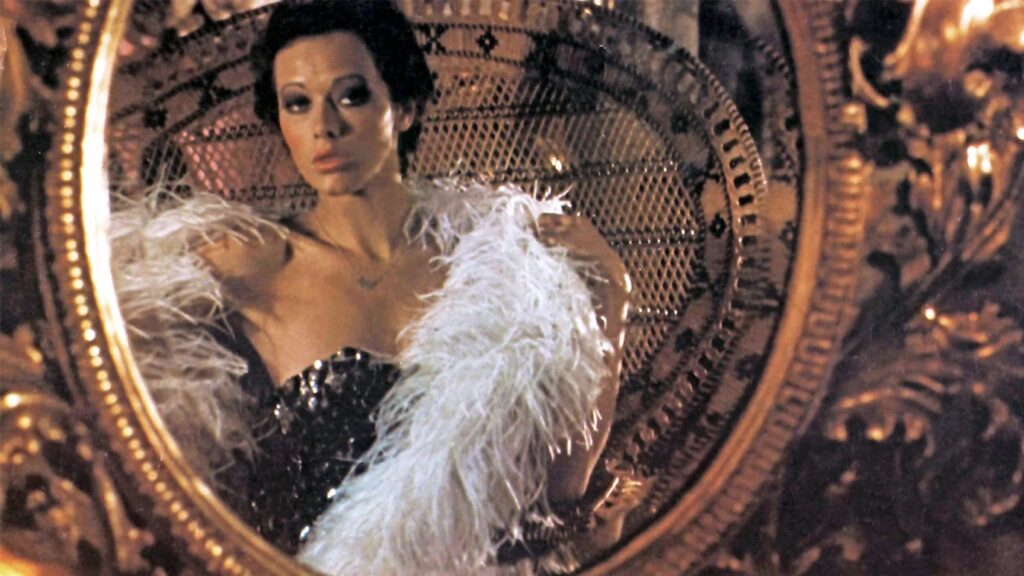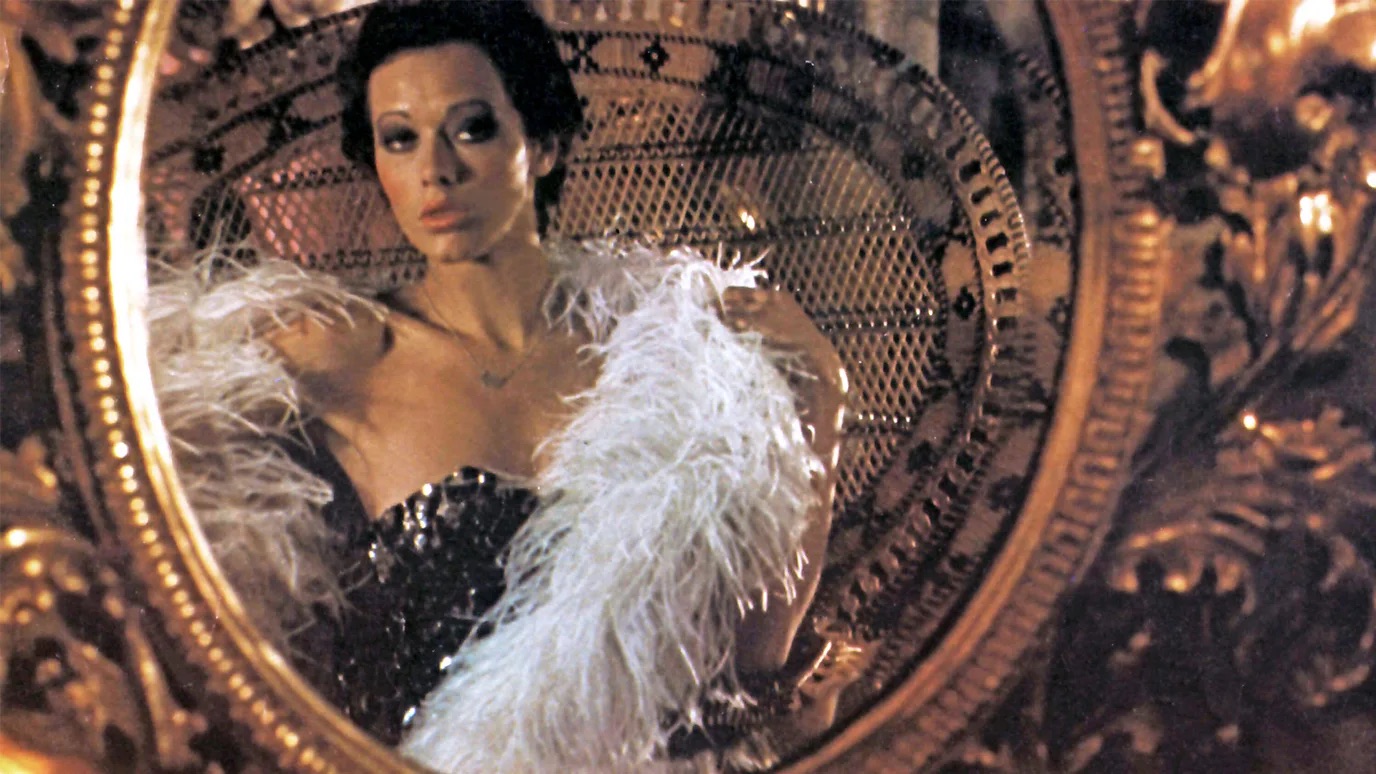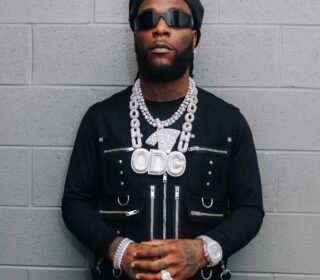
To mark the 50th anniversary of the erotic French film that made soft porn mainstream cinema, it’s had a 21st Century reboot – but will it match the success of the original?
A new version of Emmanuelle, this time in English and starring France’s Noémie Merlant, has just been released in France. This Emmanuelle, directed by Audrey Diwan, a Venice Film Festival Golden Lion winner for her powerful abortion drama Happening, explores female sexuality, 2024-style.
If Emmanuelle’s sexual adventures need re-telling, that might be because the 1974 original seems so dated now. Directed by Frenchman Just Jaeckin and starring Dutch actor Sylvia Kristel as Emmanuelle, the film (based on a 1967 novel of the same name) follows the 19-year-old wife of a French diplomat on a visit to Thailand. All the residents, whether Thai or expat, seem ready for sex at any time. Shot in soft, dream-like focus, Emmanuelle has encounters with men and women in a variety of locations, including joining the mile-high club, although not all these experiences are consensual. She is raped in an opium den but then swiftly goes on to have sex with a man who has “won” her during a fight. “I can’t say it’s a brilliant film, really,” Sylvia Kristel would say of it, in an interview with The Telegraph in 2007.
Many critics at the time agreed with her, but the movie was a box-office sensation, selling nearly nine million tickets in France alone, although it was initially banned until a new government was elected in 1974. It was a hit, too, in the US, much of Europe, and in Japan. Several sequels and spin-offs followed in the 1970s, and Kristel starred in a few of them. “The film,” she said, “became like a monument in Paris. The Japanese [tourists] were stuffed in the bus and then they were taken to the Eiffel Tower, Arc de Triomphe, and Emmanuelle.” One cinema, the Triomphe on the Champs-Élysées, would show the film continuously until 1986.
Why a soft porn movie would become another French landmark is down to timing, according to Eve Jackson, culture editor and presenter of Arts 24 on the news channel France 24. “It was the first film of its kind in French, and one of the first French films to become a global phenomenon,” she tells the BBC. “It also came at a time when the themes of the era were ‘free love’ and sexual liberation. The contraceptive pill was widely available, and a year later abortion was made legal in France.
“Last Tango in Paris, which also has explicit sex scenes, had been a hit in France two years before, but then I believe double the amount of people went to see Emmanuelle during its first week. It broke taboos, showing masturbation, having multiple sexual partners, having sex with anonymous people, but at the same time was mainstream because the size of the audiences showed there was desire for this kind of film. It opened a conversation of how sexuality could be shown in cinema. It’s far from being a masterpiece, but it became a cult hit and the film poster itself was iconic. It could be seen all over Paris in the 1970s.”
In the US, Emmanuelle was marketed as a “classier” kind of porn film to watch – as art house erotica – with the tagline “X was never like this” separating it from other adult films with an X-rating. It was also perceived by some fans, particularly in Japan, as a feminist movie, according to Kristel: “They thought Emmanuelle was dominant, just because of this one scene where she climbs on top of her husband. That was the moment when all the Japanese women stood up and applauded.”

















